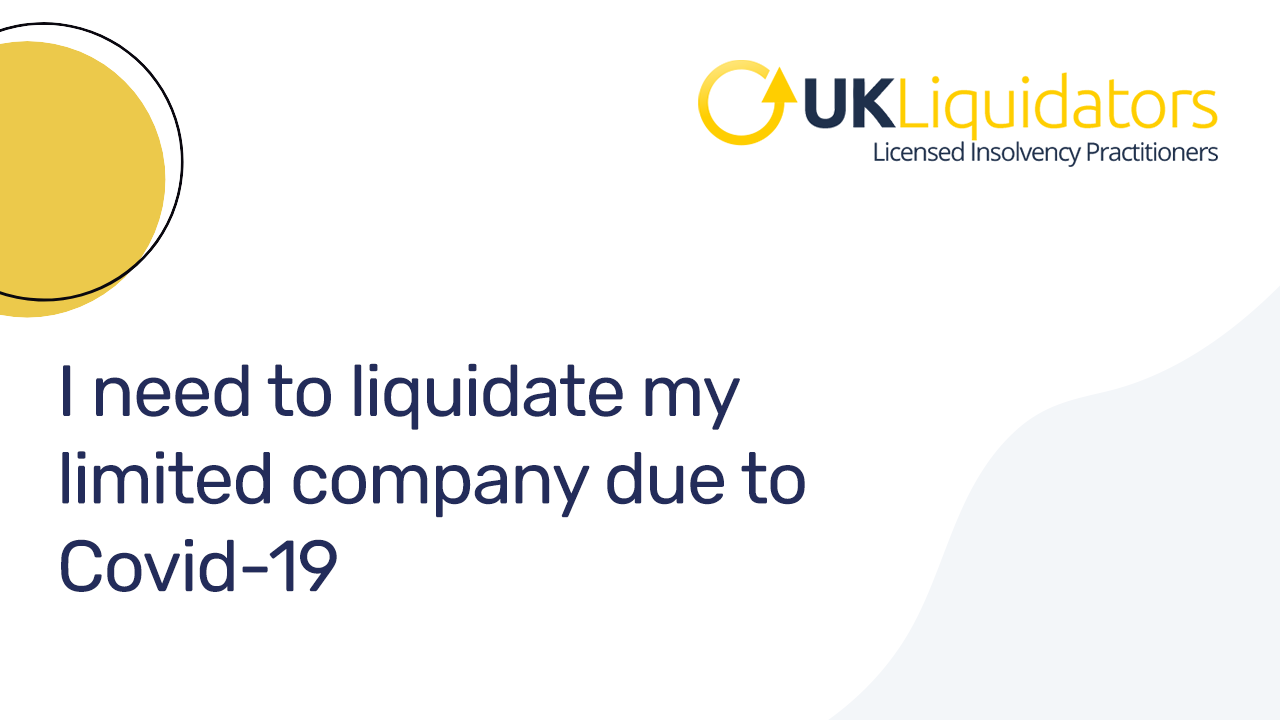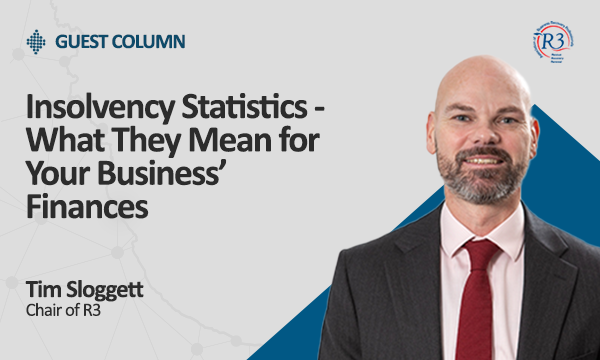All about Insolvency Practitioner
All about Insolvency Practitioner
Blog Article
Not known Facts About Insolvency Practitioner
Table of ContentsTop Guidelines Of Insolvency PractitionerFacts About Insolvency Practitioner RevealedThe Basic Principles Of Insolvency Practitioner Little Known Questions About Insolvency Practitioner.Unknown Facts About Insolvency PractitionerThe 7-Minute Rule for Insolvency PractitionerRumored Buzz on Insolvency Practitioner
Bankruptcy is when obligations are greater than the value of the business, or when a borrower can not pay the financial debts they owe. A firm can end up being bankrupt because of a variety of circumstances that cause poor capital. When confronted with bankruptcy, a business or person can get in touch with lenders directly and restructure financial debts to pay them off.Insolvency can cause bankruptcy procedures, in which lawsuit will certainly be taken against the financially troubled person or entity, and possessions might be liquidated to repay arrearages. Entrepreneur might speak to creditors directly and restructure financial obligations right into even more manageable installations. Financial institutions are normally responsive to this method due to the fact that they wish to be paid off and avoid losses, also if the payment gets on a postponed timetable.
Our Insolvency Practitioner Diaries
The owner creates a proposition outlining just how the financial obligation might be reorganized using price decreases or various other strategies for assistance. The proposal reveals lenders exactly how business might generate enough capital for profitable procedures while paying its financial obligations. Normally, a forgiven financial debt may be considered income by the Irs (INTERNAL REVENUE SERVICE).

The 15-Second Trick For Insolvency Practitioner
Business might end up paying huge amounts of cash in problems and be unable to proceed operations. When procedures stop, so does the firm's earnings. Absence of earnings causes accounts payable and creditors asking for cash owed to them. Some business become bankrupt because their products or services don't evolve to fit customers' changing requirements.
Costs exceed incomes and expenses remain overdue. Kinds of bankruptcy include cash-flow insolvency and balance-sheet bankruptcy. Cash-flow bankruptcy takes place when a company has the possessions to cover their financial debts yet they are in the wrong form, such as property rather of fluid funds. Balance-sheet insolvency, on the other hand, suggests an absence of possessions in any kind of form to cover financial obligations.
The IRS states that an individual is bankrupt when the overall liabilities exceed complete assets. A insolvency, on the various other hand, is a real court order that depicts exactly how a bankrupt individual or service will certainly pay off their lenders, or just how they will certainly sell their assets in order to make the repayments.
What Does Insolvency Practitioner Mean?

Financial debt consolidation is when you combine several loans into one new financing, frequently to achieve better terms. Bankruptcy is not the very same as bankruptcy, although a firm that has come to be bankrupt might declare personal bankruptcy. Insolvency is the state of not being able to pay your commitments while bankruptcy is a legal process to release your financial debts.
Comprehending the elements that can lead to bankruptcy, such as overspending, can assist you stop insolvency and its effects.
Getting The Insolvency Practitioner To Work
It is popular that directors and policemans of companies (and managers of restricted responsibility companies) owe fiduciary responsibilities to their organizations and their investors (or participants). These fiduciary obligations are specified by state statutes and, though there are variations from one state to another, they typically include a duty of commitment and a responsibility of treatment.
The obligation of care calls for directors and policemans to work out persistance, to make educated decisions, and to act in good confidence to make sure that their activities remain in the very best rate of interest of the firm. Past the scope of this discussion, some states enable these obligations to be restricted either by so noting in the organizational papers or complying with various other requirements.
The Ultimate Guide To Insolvency Practitioner
Many states define bankruptcy in two methods( 1) when a business's liabilities become more than the amount of its possessions or (2) when the business ends up being unable to pay its debts as they come to be dueand accept both definitions try this out (Insolvency Practitioner). The change in tasks happens because when a firm is financially troubled, there is no value in the firm beyond that owed to the company's financial institutions to ensure that the equity holders no more have an economic risk in the business
Beware about providing investors favoritism at the cost of financial institutions (e.g., authorizing and funding a reward or a stock redemption). Be careful about favoritism in between courses of investors. Clear up efforts to find out all the realities before taking a certain course of action; directors need to truly think that any kind of choices made are in the very best passions of the firm in its totality (i.e., choices will certainly be examined in knowledge due to the effect of such news activities on the firm).
In any type of personal bankruptcy or bankruptcy proceeding, repayments made to certain creditors at the expense of various other lenders can be clawed back, specifically if there is some link between the company and the lender. Think about recommending at a yearly investor conference (or any kind of other meeting of investors) a resolution attesting that all previous company decisions and activities taken by the supervisors and policemans of the corporation were taken in good belief after an exercise of sensible care.
Rumored Buzz on Insolvency Practitioner
Completely divulge any individual or business connections with events on the other side of deals involving the company to stay clear of the look of a problem of interest. In assessing possible fund increasing purchases or a sale of assets of the struggling corporation, know that these deals you can try these out might be scrutinized later due to any subsequent growth of supervisors' fiduciary duties to include lenders.
Report this page